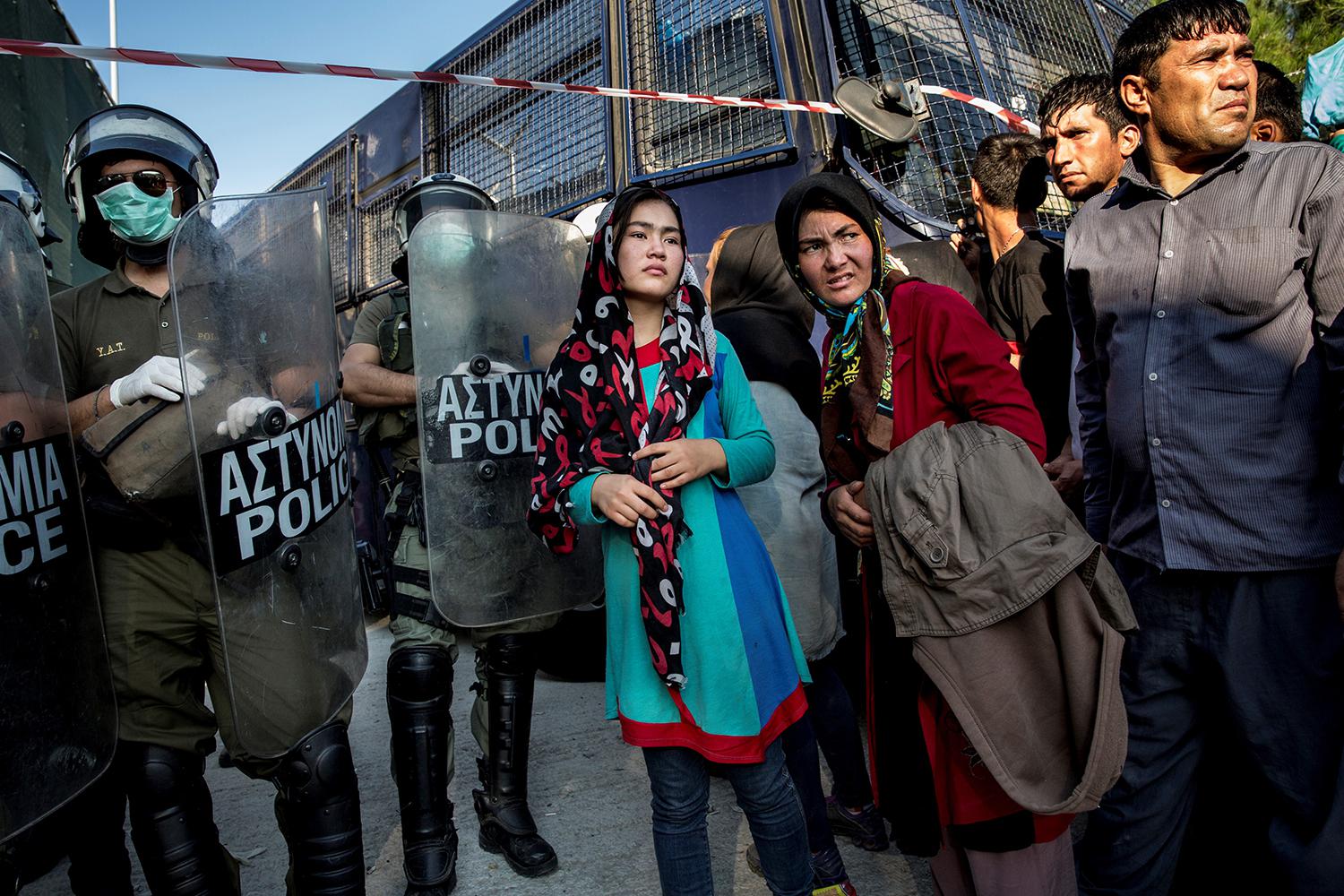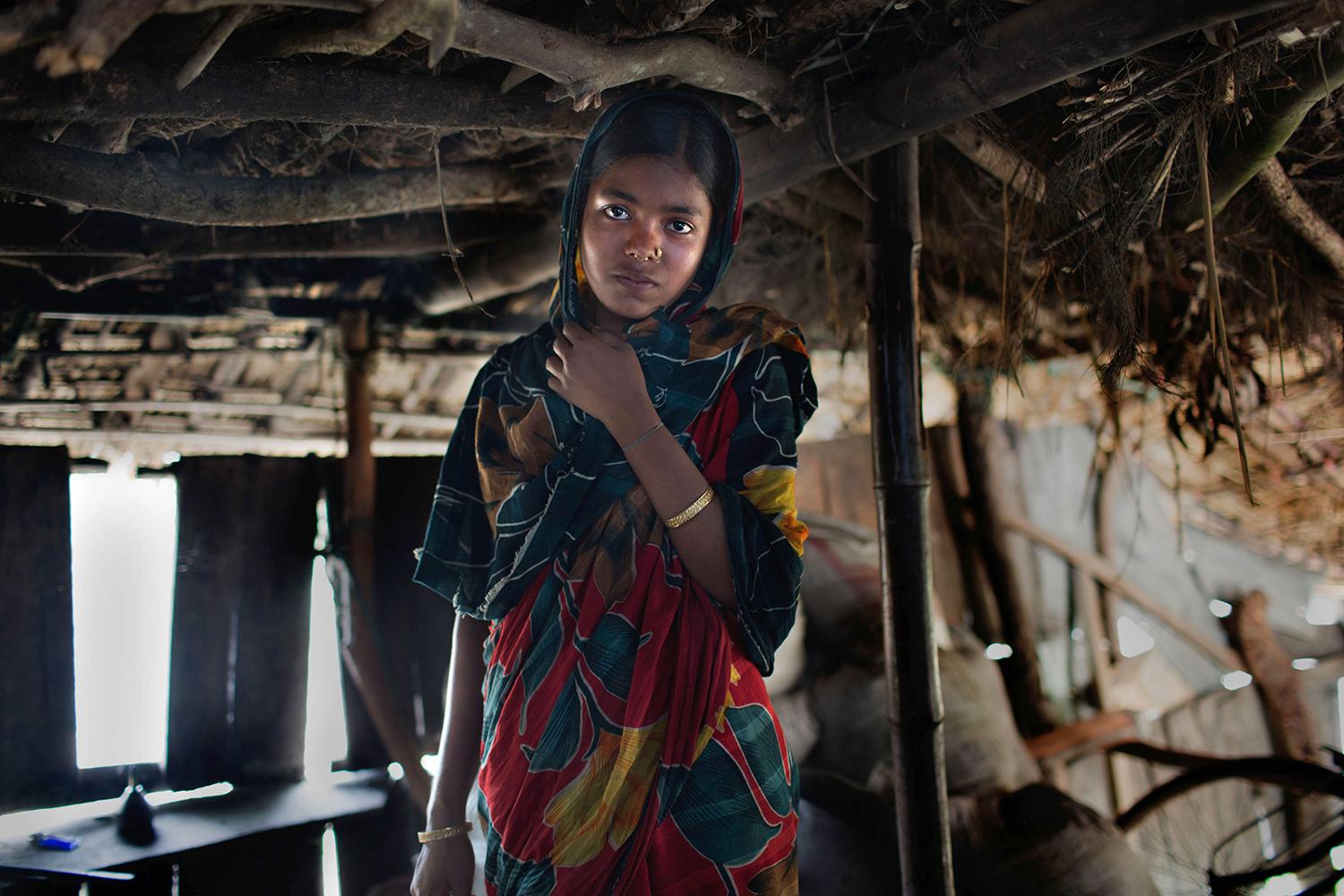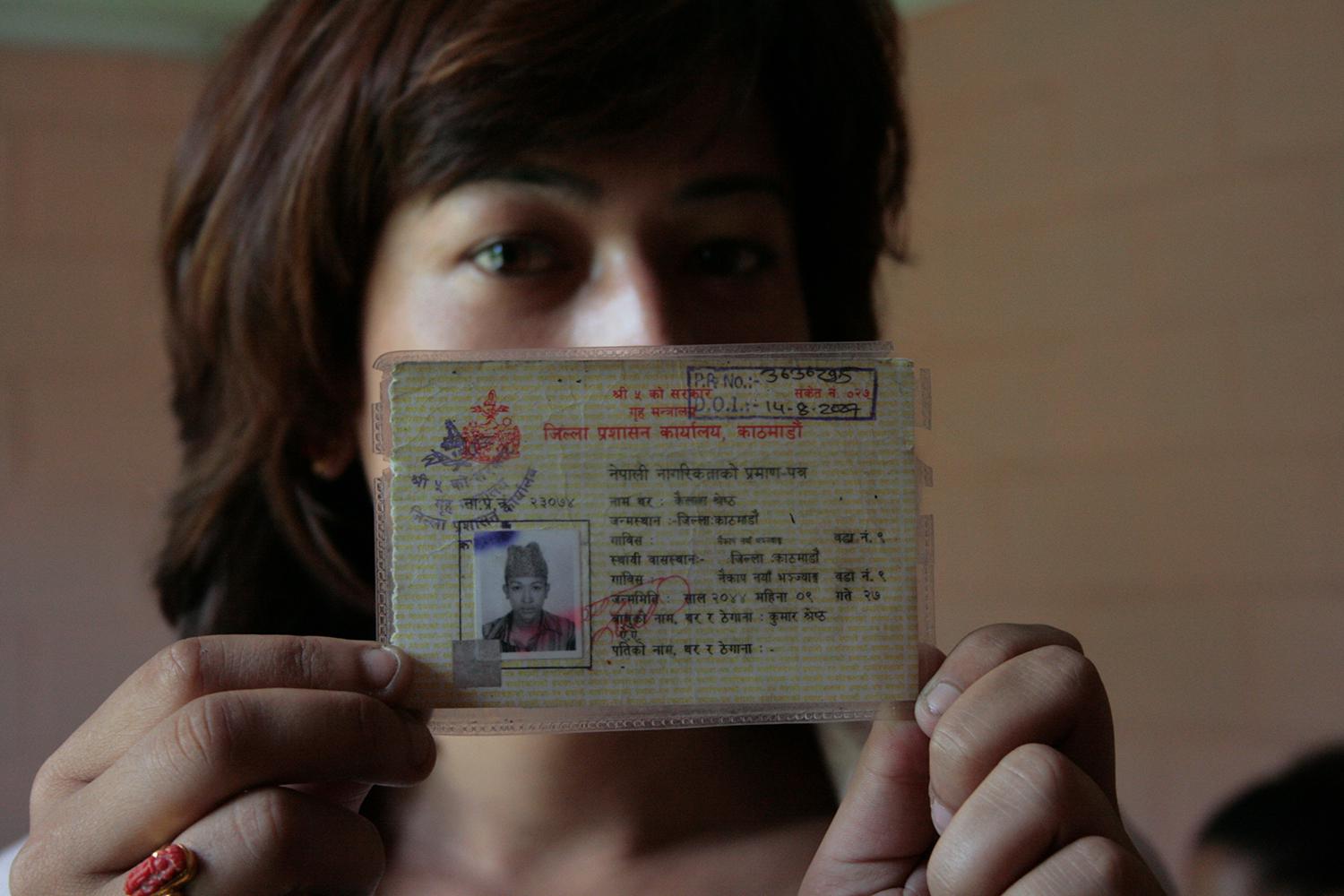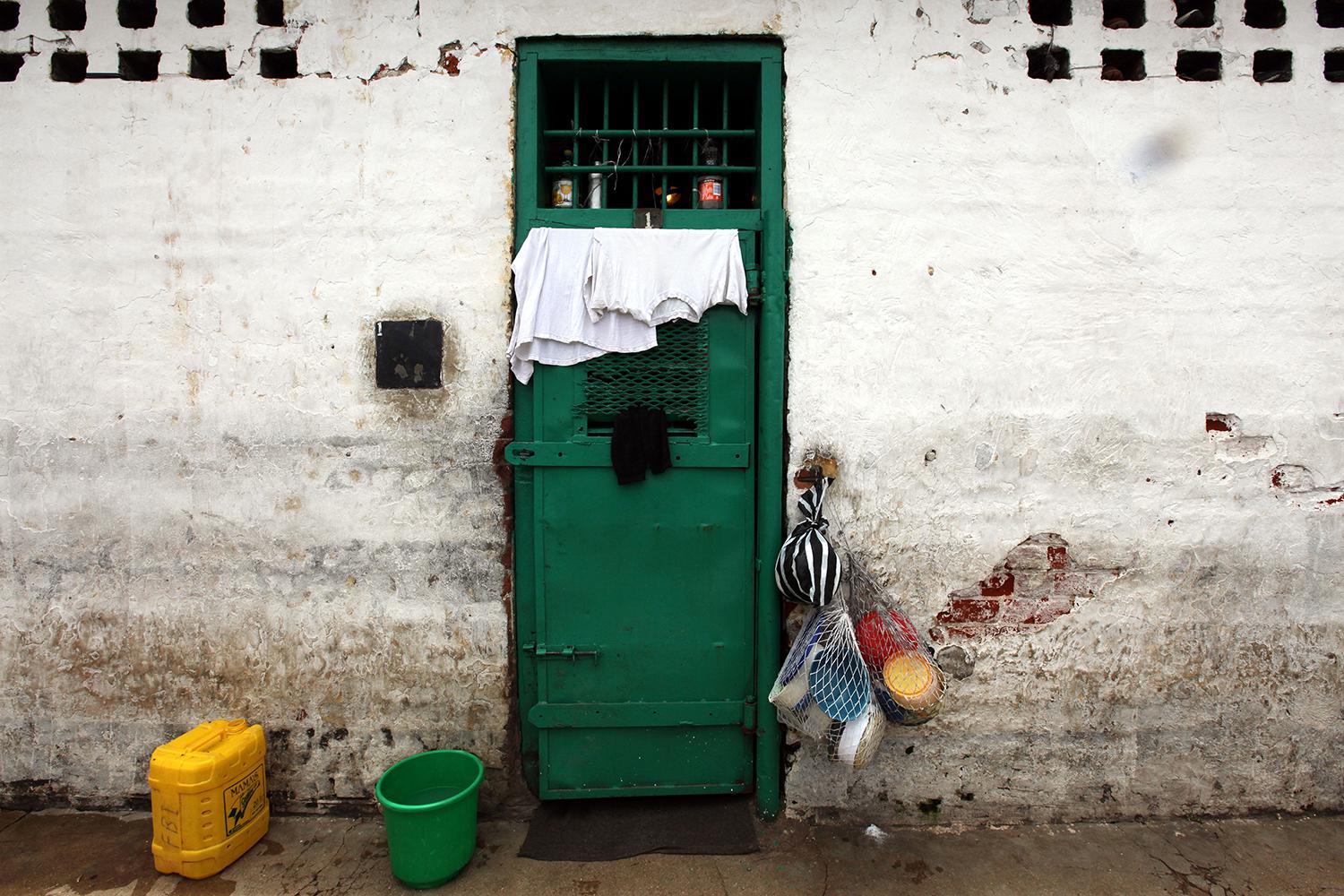The government aggressively cracked down on free speech throughout 2015, using provisions in the constitution, the national security law, and other legislation to stifle political dissent, as well as passing new legislation criminalizing or increasing penalties for various forms and means of expression.
In an effort to curb local terrorism, according to authorities, Kuwait became the first country to pass a law requiring that all Kuwaiti citizens and residents provide DNA samples, in violation of the right to privacy.
Freedom of Expression
Kuwaiti authorities have invoked several provisions in the constitution, penal code, Printing and Publication Law, Misuse of Telephone Communications and Bugging Devices Law, Public Gatherings Law, and National Unity Law to prosecute over a dozen people over the last few years for criticizing in blogs or on Twitter, Facebook, or other social media the emir, the government, religion, and the rulers of neighboring countries.
Those prosecuted have faced charges such as harming the honor of another person; insulting the emir or other public figures or the judiciary; insulting religion; planning or participating in illegal gatherings; and misusing telephone communications. Other charges include harming state security, inciting the government’s overthrow, and harming Kuwait’s relations with other states. From January to October, courts convicted at least five of those charged, imposing prison sentences of up to six years and fines.
In June 2015, Kuwait passed a new cybercrime law that includes far-reaching restrictions on Internet-based speech. Article 6 of the law imposes prison sentences and fines for insulting religion and religious figures, and for criticizing the emir on the Internet. Article 6 also prohibits Internet-based statements deemed to criticize the judicial system or harm Kuwait’s relations with other states, or that publicize classified information, without exceptions for disclosures in the public interest.
Article 7 imposes a punishment of up to 10 years in prison for using the Internet to “overthrow the ruling regime in the country when this instigation included an enticement to change the system by force or through illegal means, or by urging to use force to change the social and economic system that exists in the country, or to adopt creeds that aim at destroying the basic statutes of Kuwait through illegal means.” The law empowers authorities to close for one year all outlets or locations in which these crimes are committed and confiscate devices used in committing them.
Treatment of Minorities
At least 105,702 Bidun residents of Kuwait remain stateless.
After an initial registration period for citizenship ended in 1960, authorities shifted Bidun citizenship claims to administrative committees that for decades have avoided resolving the claims. Authorities claim that many Bidun are “illegal residents” who deliberately destroyed evidence of another nationality in order to receive benefits that Kuwait gives its citizens.
Members of the Bidun community frequently take to the streets to protest the government’s failure to address their citizenship claims, despite government warnings that Bidun should not gather in public. Article 12 of the 1979 Public Gatherings Law bars non-Kuwaitis from participating in public gatherings.
In media interviews during the year, government officials suggested that Kuwait may “solve” the Bidun community’s nationality claims by paying the Comoros Islands to grant the Bidun a form of economic citizenship, thus regularizing them as foreign nationals in Kuwait and rendering them liable to legal deportation from Kuwait—possibly violating their right to family life.
Migrant Workers
About 2 million of Kuwait’s 2.9 million population are migrant workers. Abuse and exploitation of migrant domestic workers—who comprise a large proportion of the migrant worker population—continued to be reported, including withholding of salaries, and physical and sexual abuse.
In June 2015, Kuwait passed a new law giving domestic workers enforceable labor rights for the first time. The law grants domestic workers the right to a weekly day off, 30 days of annual paid leave, a 12-hour working day with rest, and an end-of-service benefit of one month a year at the end of the contract, among other rights.
However, it has only unspecified “hours of rest” and lacks other key protections found in the general labor law, such as an 8-hour day; one hour of rest after every 5 hours of work; and detailed provisions for sick leave, including 15 days at full pay.
The domestic worker law also falls short by failing to set out enforcement mechanisms, such as labor inspections. It prohibits employers from confiscating workers’ passports, a common abuse, but fails to specify penalties. The new law does not guarantee the right to form a union. It came into force on July 26, 2015, when it was published in the Official Gazette. The Interior Ministry is required to issue regulations to implement the law by January 2016.
Women’s Rights, Sexual Orientation, and Gender Identity
Women continue to face discrimination in many aspects of their lives, and large legal gaps remain in protections for them. Kuwait has no laws prohibiting domestic violence, sexual harassment, or marital rape. Legislation proposed in April 2014 to penalize sexual harassment was not passed in 2015. Kuwaiti women married to non-Kuwaitis, unlike Kuwaiti men, cannot pass on their citizenship to their children or spouses. Kuwaiti law also prevents a woman from marrying a partner of her choice without her father’s permission.
Same-sex relations between men are punishable by up to seven years in prison. Transgender people can be arrested under a penal code provision that prohibits “imitating the opposite sex in any way.”
Counterterrorism
In July 2015, in response to a suicide bomb attack on the Shia Imam Sadiq Mosque that killed 27 people, Kuwait became the first country to pass a law requiring that all Kuwaiti citizens and residents provide DNA samples to the authorities as part of a new counterterrorism law.
Death Penalty
Kuwaiti authorities are currently seeking the death penalty for 11 suspects in the Shia Imam Sadiq Mosque bombing. In 2013, they carried out five executions, the first time the country had applied the death penalty since 2007.
Key International Actors
In the 2015 US State Department annual Trafficking in Persons report, the United States classified Kuwait as Tier 3—among the most problematic countries—for the ninth consecutive year. The report cited Kuwait’s failure to prosecute, convict, or sentence a single trafficking offender during the reporting period.
It found that the government failed to develop procedures to identify trafficking victims among vulnerable populations or a referral mechanism to provide adequate protection services to victims.





